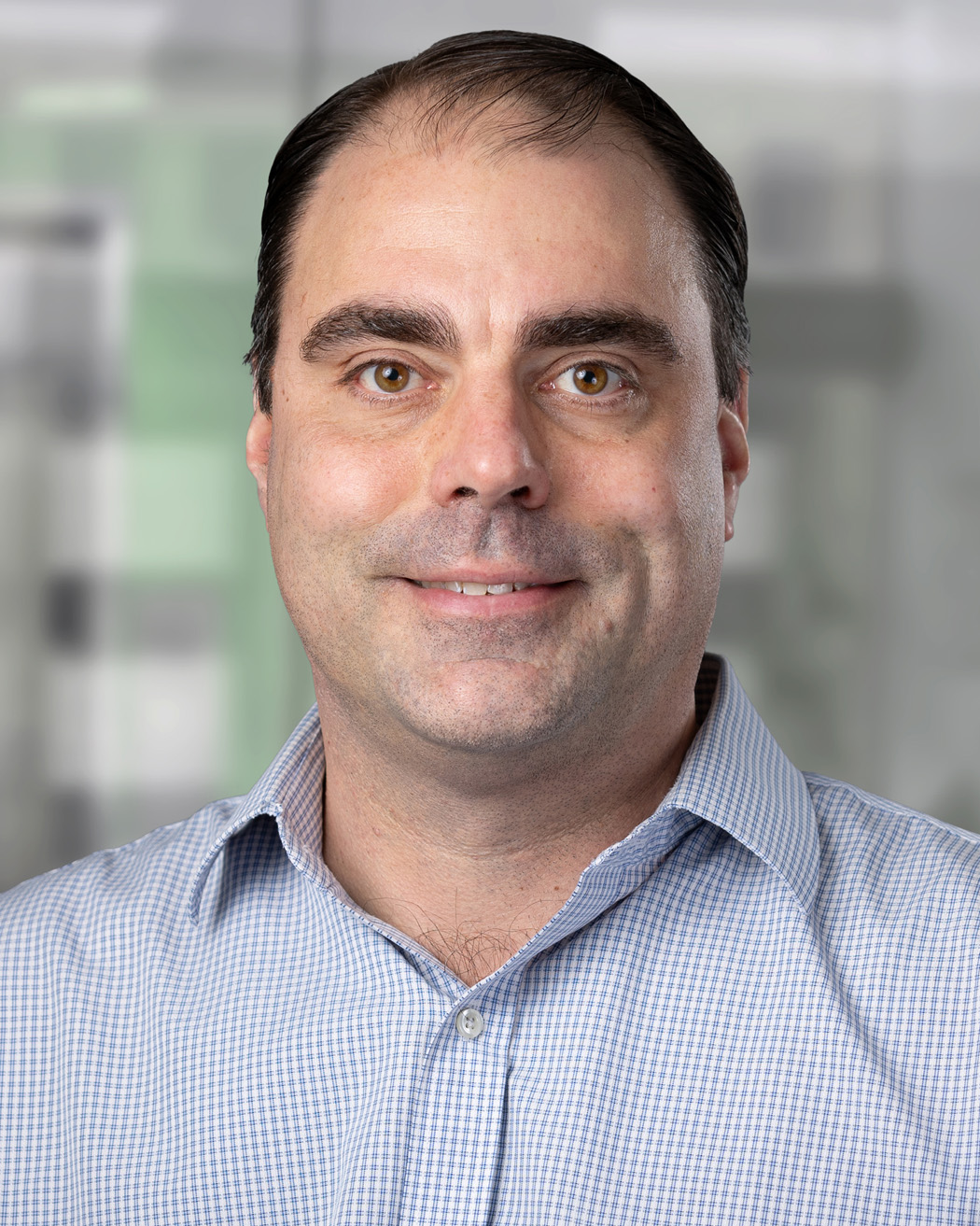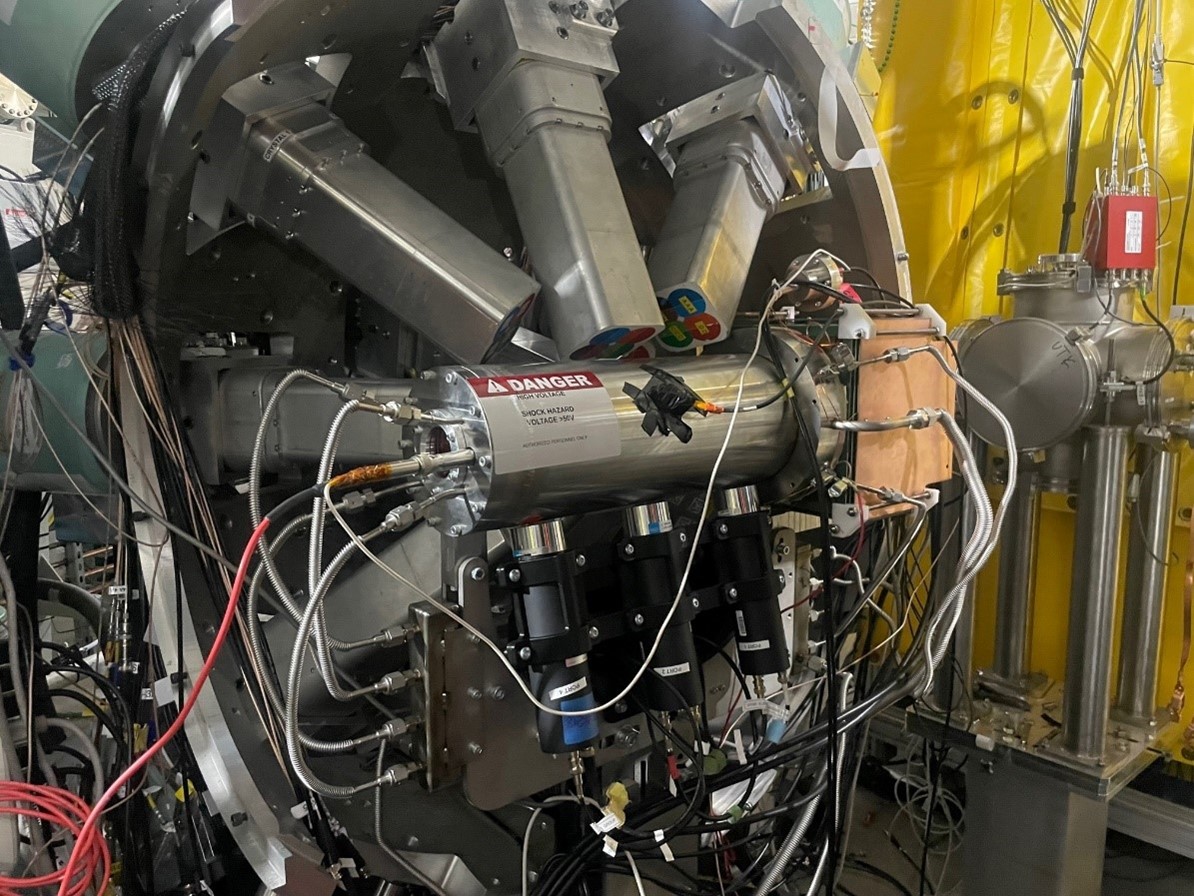
Professor of Physics
Joined the laboratory in 2011
Education and training
- MSc, Physics, Simon Fraser University, 2003
- MS, M. Phil., Physics, Yale University, 2006
- PhD, Physics, Yale University, 2008
Research focus
- Experimental nuclear physics and astrophysics
Contact information
Links
Research
Our research focuses on studying nuclei experimentally to probe fundamental questions about our Universe. For example, we measure nuclear reactions, decays, and masses in the laboratory to learn about the reactions that power exploding stars or affect their synthesis of chemical elements. At FRIB, our program is focused on measuring the beta and electron-capture decays of proton-rich nuclides using the GADGET and LIBRA detection systems. With these experiments, we hope to constrain the nuclear-structure details that are most influential on the explosive burning of hydrogen and helium on the surfaces of accreting compact stars such as white dwarfs and neutron stars. Similar experiments can allow us to search for new modes of radioactive decay, test hypotheses that could explain the origins of dark matter in the universe, or to better constrain the effects of isospin-symmetry breaking in nuclei by testing the unitarity of the Cabibbo-Kobayashi-Maskawa matrix, a cornerstone of the Standard Model. We complement our nuclear astrophysics work at FRIB by running experiments at the TRIUMF user facility in Vancouver, Canada, using the Doppler Shift Lifetimes 2 setup, which we developed at FRIB.

Biography
I was born in Vancouver, Canada, to Finnish parents, and began my research career in experimental nuclear astrophysics at Canada’s TRIUMF laboratory. In 2008, I obtained a PhD in Physics from Yale University based on work at the Wright Nuclear Structure Laboratory in the same research field. From there, I moved to a postdoctoral Research Associate position at the University of Washington’s Center for Experimental Nuclear Physics and Astrophysics. Since 2011, I have been leading a research group at NSCL and FRIB with a primary interest in nuclear astrophysics and secondary interests in fundamental symmetries and nuclear structure.
How students can contribute as part of my research team
Students in our group have opportunities to propose, prepare, execute, analyze, and interpret nuclear-physics experiments at FRIB and other laboratories, to publish the results in leading scientific journals, and to present the results at national and international conferences. Our alumni have advanced to positions in national laboratories, academic institutions, and industry.
Scientific publications
- Time Projection Chamber for GADGET II, R. Mahajan, T. Wheeler, E. Pollacco, C. Wrede et al., Phys. Rev. C. 110, 035807 (2024).
- Constraining the 30P(p, γ)31S Reaction Rate in ONe Novae via the Weak, Low-Energy, β-Delayed Proton Decay of 31Cl, T. Budner, M. Friedman, C. Wrede, et al. Phys. Rev. Lett. 128, 182701 (2022).

